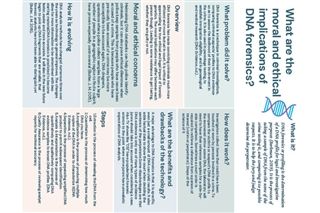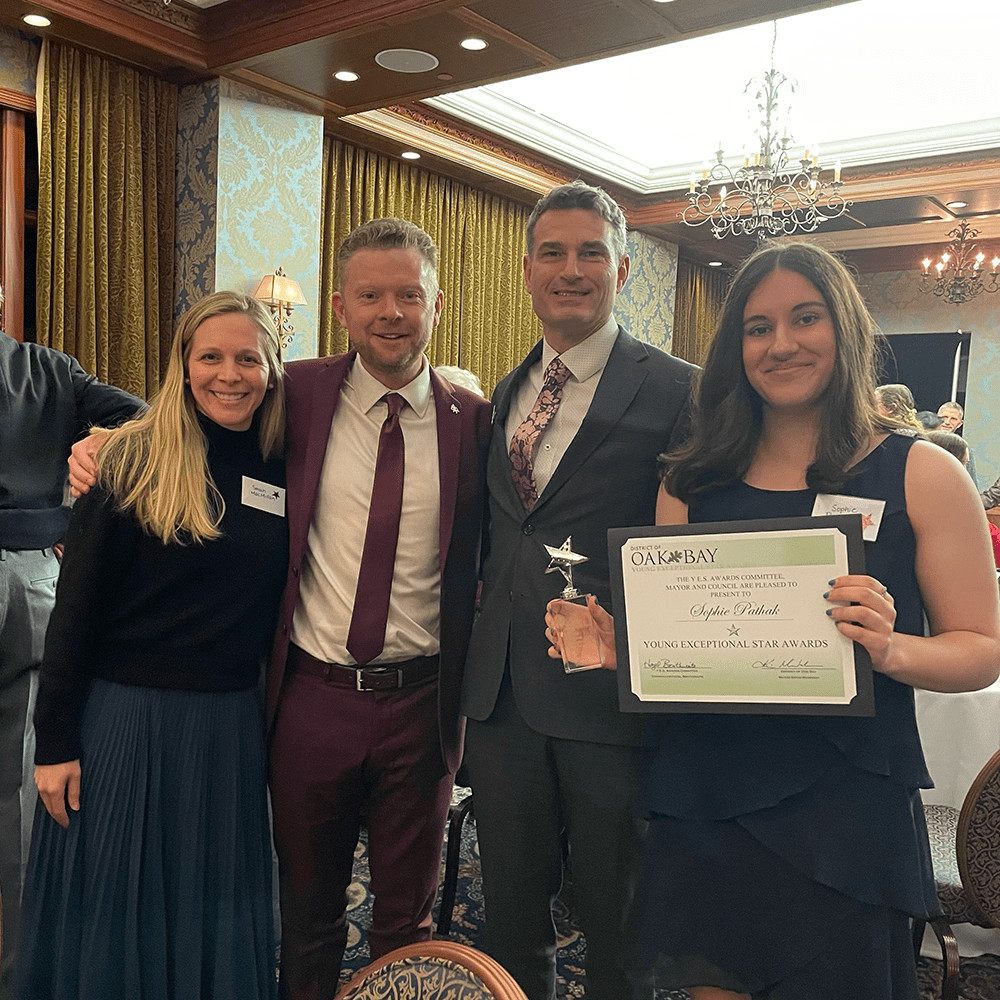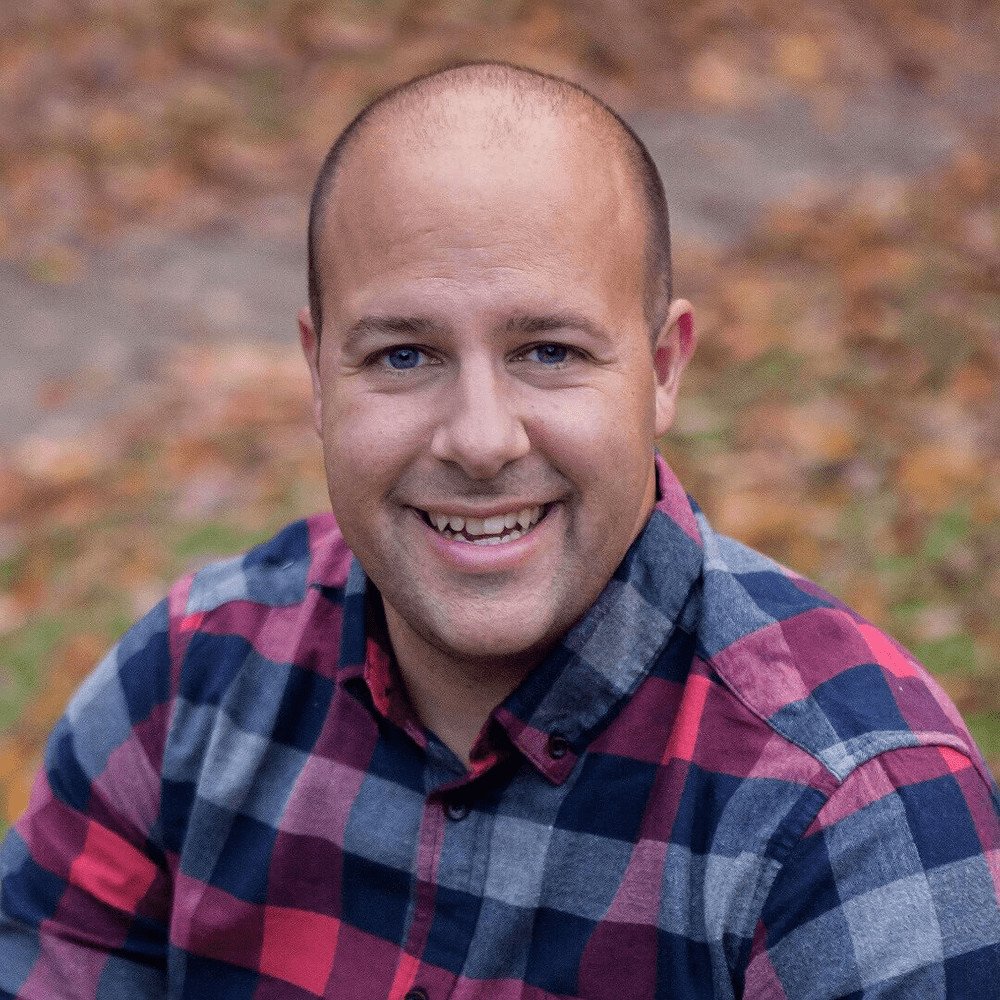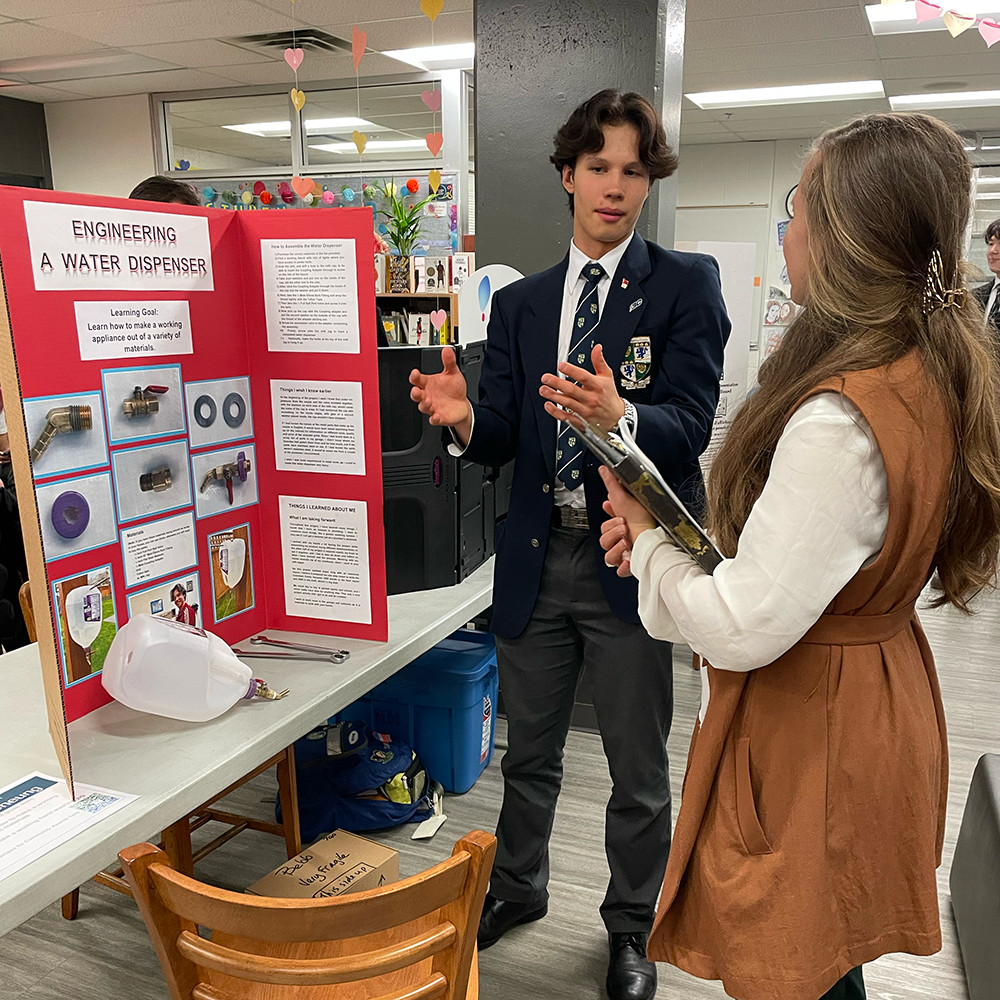The Grade 10 IB Science students finished up their biology unit with a genetic technology summative where they applied what they had learned about genetics and inheritance throughout the term to investigate a specific genetic technology and its moral and ethical implications.
The students were tasked with researching a certain technology, were then asked to write about possible implications and create a product of their choice to communicate their information.
“The students had to relate what they have learned in class to science in the real world,” explained Ms. Annie Vallance. “They also had to use their critical thinking skills to consider what effect science has on our society.”
With a wide variety of topics to choose from, Hannah Jeon chose to research the technology behind three-parent babies and the morality and ethics behind it.
“I chose this topic because it was something that I had briefly heard about in the past,” she explained. “But I had never pursued learning more about it. The idea was intriguing to me and I thought it would be a great opportunity to explore it during this project.”
Hannah chose to make a poster to showcase her research, as it suited her needs to express the information she discovered. Digital technology allowed her to incorporate images while using text to elaborate on aspects of her research.
“I enjoyed this project quite a bit as there was room for creative freedom,” Hannah said. “It allowed me to learn more about a subject that was of interest to me and at the same time gain and apply valuable skills such as citing and synthesizing research. I appreciated that we could choose from different methods when displaying our final products. It ensured I was able to complete the project in a way that was uniquely catered towards me.”
Eya Ibrahim chose to research CRISPR (Clustered Regularly Interspaced Short Palindromic Repeats), a process where ‘copying and pasting’ genes can fix and cure errors in DNA. Scientists and researchers remove and insert segments of our genome so that symptoms can be alleviated, and life-threatening diseases and conditions may be eventually cured.
“It is known as one of the biggest science stories of our decade,” she said. “I learned about this innovative gene-editing technology a few years ago, and it is safe to say that I found it fascinating. The potential this technology has is incredible, and it could permanently cure disease and gene defects which could help millions. With all the research being done on this topic, I wanted to learn more about how it works, as well as explore the ethical concerns it poses, and therefore the considerations and precautions we should take.”
To showcase what she learned, Eya made a poster, as it offered her an easy way to organize her information while including pictures and diagrams.
“It was by far my favourite summative throughout the year,” she said. “This is mainly because we were given a diverse list of genetic technologies to research and explore, so there was something for everyone. With this, you could ensure that your time was spent researching something you were interested in or curious about. Personally, CRISPR stood out the most despite there being other appealing technologies as well. I also really enjoyed being able to do something other than a traditional essay, and have other options such as a Powtoon or a poster which overall makes the process more engrossing.”
Matt Dang also researched CRISPR and gene editing. He said he chose this subject because he had heard about it, but didn’t know much about it. This project gave him the opportunity and motivation to find out more.
Using an infographic, Matt was able to showcase his research and findings in a creative way, where he could go into great detail about his project.
“I liked doing this topic because it allowed us to look into some of the things that might be present in the future of science and personally,” he said. “Researching the topic of CRISPR and Gene Editing was interesting because it opened up a new perspective for me on something I didn’t know was even possible.”
Good job to all the Grade 10s and their hard work!





